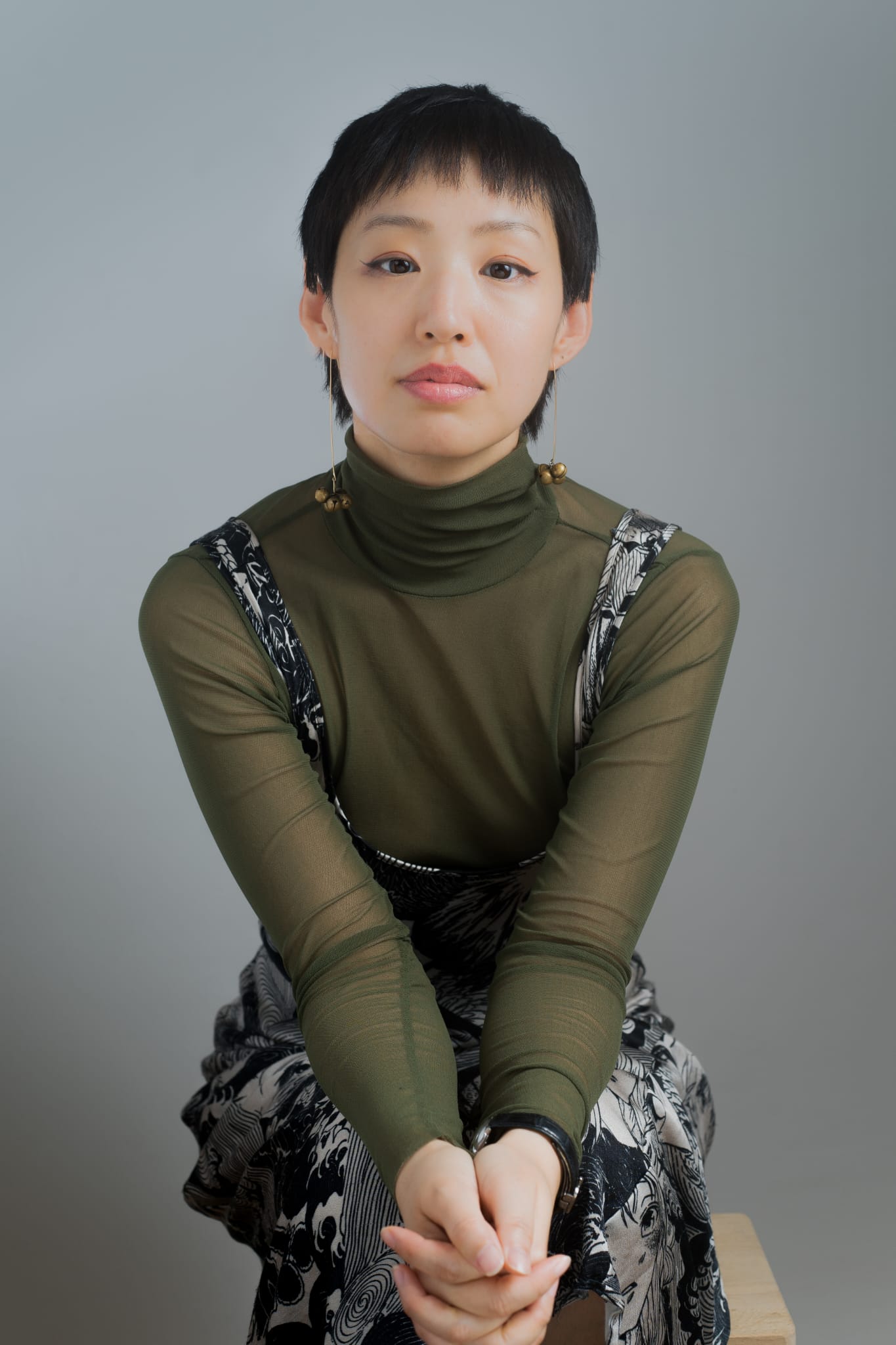Constantin Hartenstein is a Berlin-based artist working at the intersection of technology, queerness, and the human body. He studied at the Braunschweig University of Art (HBK) and the Berlin University of the Arts (UdK). Hartenstein’s work spans sculpture, drawings, prints, performances, and multimedia installations, reflecting on post-digital materiality and speculative futures. His practice critically examines societal norms, identity, and the commercialization of queer aesthetics. With a strongly material-based approach, he integrates translucent materials, synthetic substances, and coded pigments to craft visionary utopias that merge historical narratives with contemporary technology. Hartenstein’s works have been exhibited internationally, such as at Nationalgalerie Berlin, Gothenburg Biennale, Berghain/Studio Berlin/Boros Collection, Berlinische Galerie, Museum of the Moving Image in New York, and the Goethe Institute in Beijing.
Constantin Hartenstein takes part in the exhibition DISLOCATIONS—in sight.




